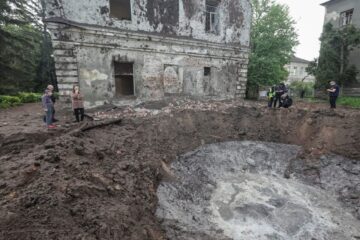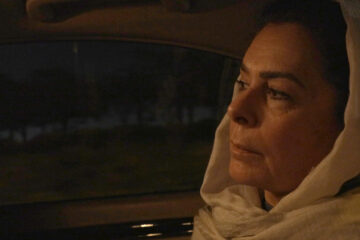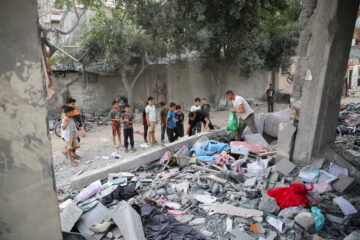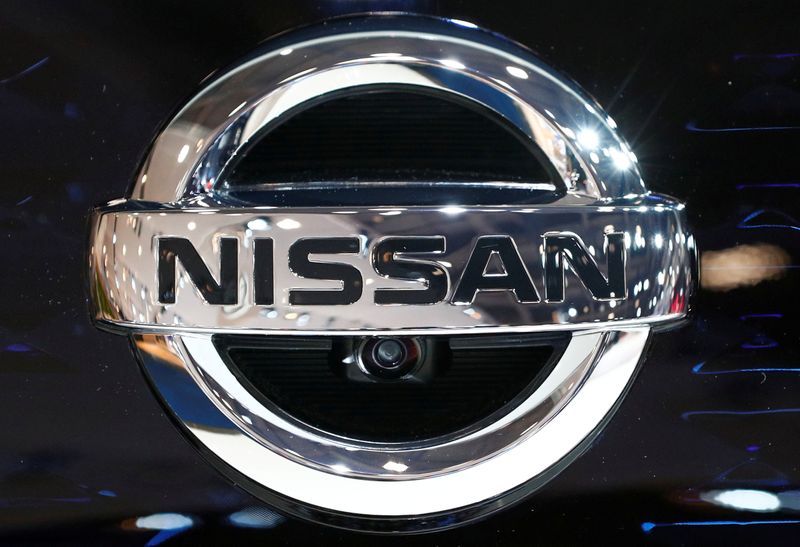Austria, Slovakia introduce border checks after shock German move
Austria and Slovakia said they were reinstating border controls Monday to cope with a flood of refugees, following a similar move by Germany, which warned it could face up to one million migrant arrivals this year.
Berlin\’s shock move, which struck at the heart of the EU\’s passport-free Schengen zone, had an immediate knock-on effect and ramped up the pressure on interior ministers holding crisis talks in Brussels later Monday.
Austria said it would deploy the army to help control the influx of people trying to leave Hungary before it starts arresting illegal migrants on Tuesday, while huge queues of traffic built up on the Germany-Austria border as the checks kicked in.
"We have to pull ourselves together today; if not, Europe will be torn apart," said Luxembourg minister Jean Asselborn, who is chairing the talks in Brussels on a new plan to redistribute 160,000 migrants.
Germany admitted that Europe\’s biggest migration crisis since World War II, with millions fleeing war-torn Syria, Iraq and Afghanistan, was causing chaos and had forced it to reverse its previous open-arms policy.
Vice Chancellor Sigmar Gabriel said there were "many signs that Germany this year will take in not 800,000 refugees, as forecast by the interior ministry, but one million."
The United Nations refugee agency warned the confusion surrounding border policies in Europe could leave migrants, many of whom have made gruelling treks through the continent, in "legal limbo".
Underscoring the scale of the challenge, Hungarian authorities said Monday they had registered a record 5,809 migrants streaming into the country the day before, amid reports that neighbouring Serbia might try to "push through" as many as 30,000 people before Budapest\’s draconian new laws come into force.
Hardline Prime Minister Viktor Orban is racing to finish a controversial anti-migrant fence on the frontier as Hungary says it will start arresting illegal migrants on Tuesday.
The UN said Hungary had effectively stopped registering the thousands of migrants crossing from Serbia and was transporting them straight to the Austrian border by train.
Germany\’s surprise move — which it says is needed to halt the current influx and "return to an orderly process" — had an immediate impact on the ground.
Barely five minutes after Germany reinstated the controls, police halted three young migrants fleeing war in Syria, asking to see their passports.
"We have been walking through Europe for 22 days," said 27-year-old Hatem Ali Ahaj, who suffers from asthma and was struggling to catch his breath.
"We thought that Germany was the only country that would treat us like human beings," he said.
A queue of cars snaked one kilometre (half a mile), with irate drivers including German pensioner Helmut Zimmermann complaining: "It\’s like being back in the 1980s."
With the EU\’s flagship Schengen free-movement policy under mounting threat, ministers from the bloc gathered in Brussels to try and heal deep divisions over migrant policy.
Germany had previously signalled it would throw open the country\’s borders to Syrian refugees.
But the U-turn by Europe\’s economic powerhouse inspired Austria and Slovakia to say they too were reintroducing border checks, while Poland said it was considering a similar move.
"We will proceed as Germany did," Austrian interior minister Johanna Mikl-Leitner told reporters in Brussels. "We will conduct these temporary border controls."
EU states can impose temporary controls for security reasons under the Schengen treaty but there are fears the very ideal of a borderless Europe could collapse.
"If we do not take decisions then chaos is the consequence. Many countries will then do the same, there will be a domino effect and we can forget Schengen," Luxembourg\’s Asselborn said.
Divisions are also rife among the ministers on a plan unveiled last week by the European Commission — the EU\’s executive — to redistribute 160,000 refugees across the continent to relieve pressure on "frontline" states such as Italy, Greece and Hungary.
Several Eastern European states such as Hungary, the Czech Republic and Slovakia oppose compulsory quotas for relocating the refugees.
Czech Prime Minister Bohuslav Sobotka insisted his country would never accept compulsory quotas, saying the system "won\’t work", while Slovakia warned it would try to block any such binding measures.
The Commission, however, stressed that the German border decision underlined "the urgency to agree on the measures" it had put forward.
With the human side of the crisis prompting a wave of sympathy, particularly in Western Europe, the aunt of drowned Syrian toddler Aylan Kurdi travelled from Canada to Brussels to lobby the politicians.
"Open your heart and take action and come up with a shared plan," Teema Kurdi said.
Tragedy struck again off the coast of Greece, with 34 more migrants — including four babies and 11 children — drowning when their overcrowded wooden boat capsized in high winds.
The International Organization for Migration has said that more than 430,000 people have crossed the Mediterranean to Europe this year, with 2,748 dying en route or going missing.
Britain, which is not part of the Schengen passport-free zone, on Monday appointed a minister to deal specifically with the 20,000 Syrian refugees London has agreed to resettle over the next five years from camps bordering the war-torn country.
SOURCE: Agence France-Presse
[do_widget_area inner_adsbar]










